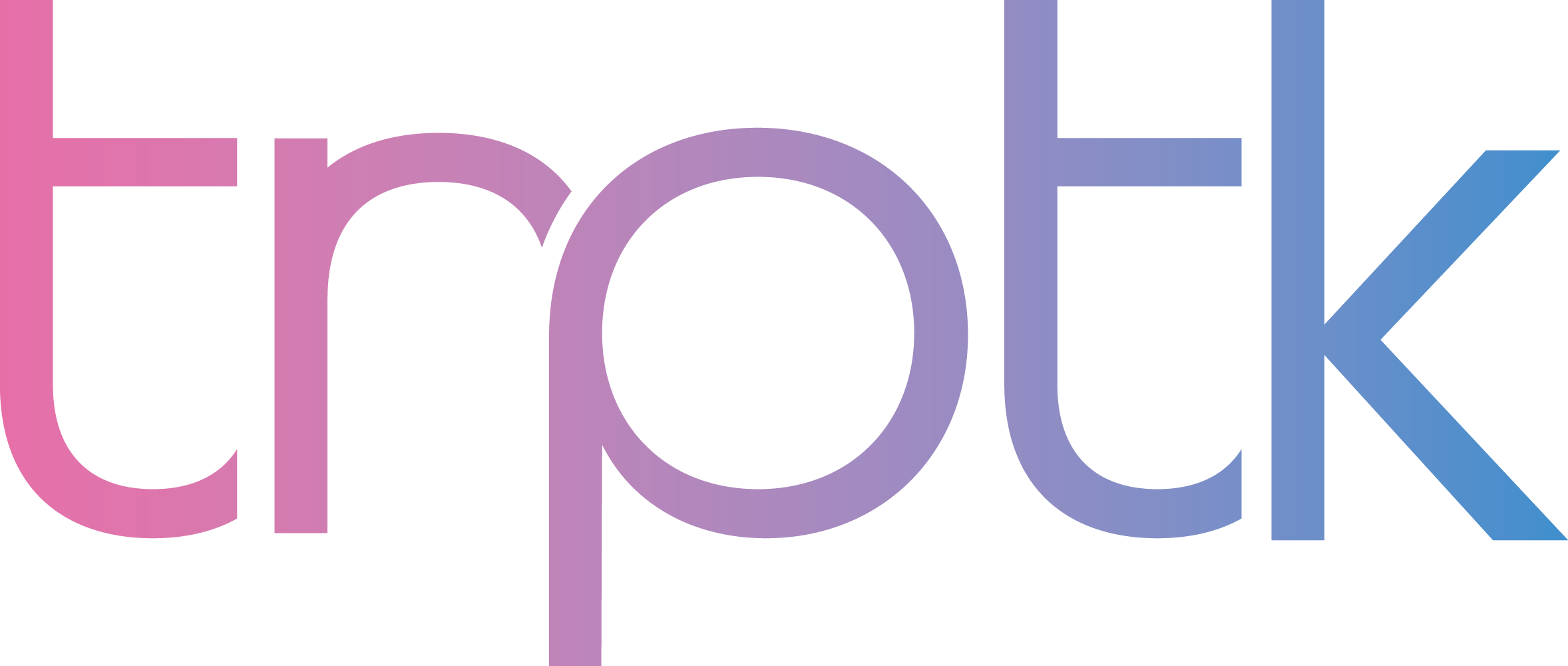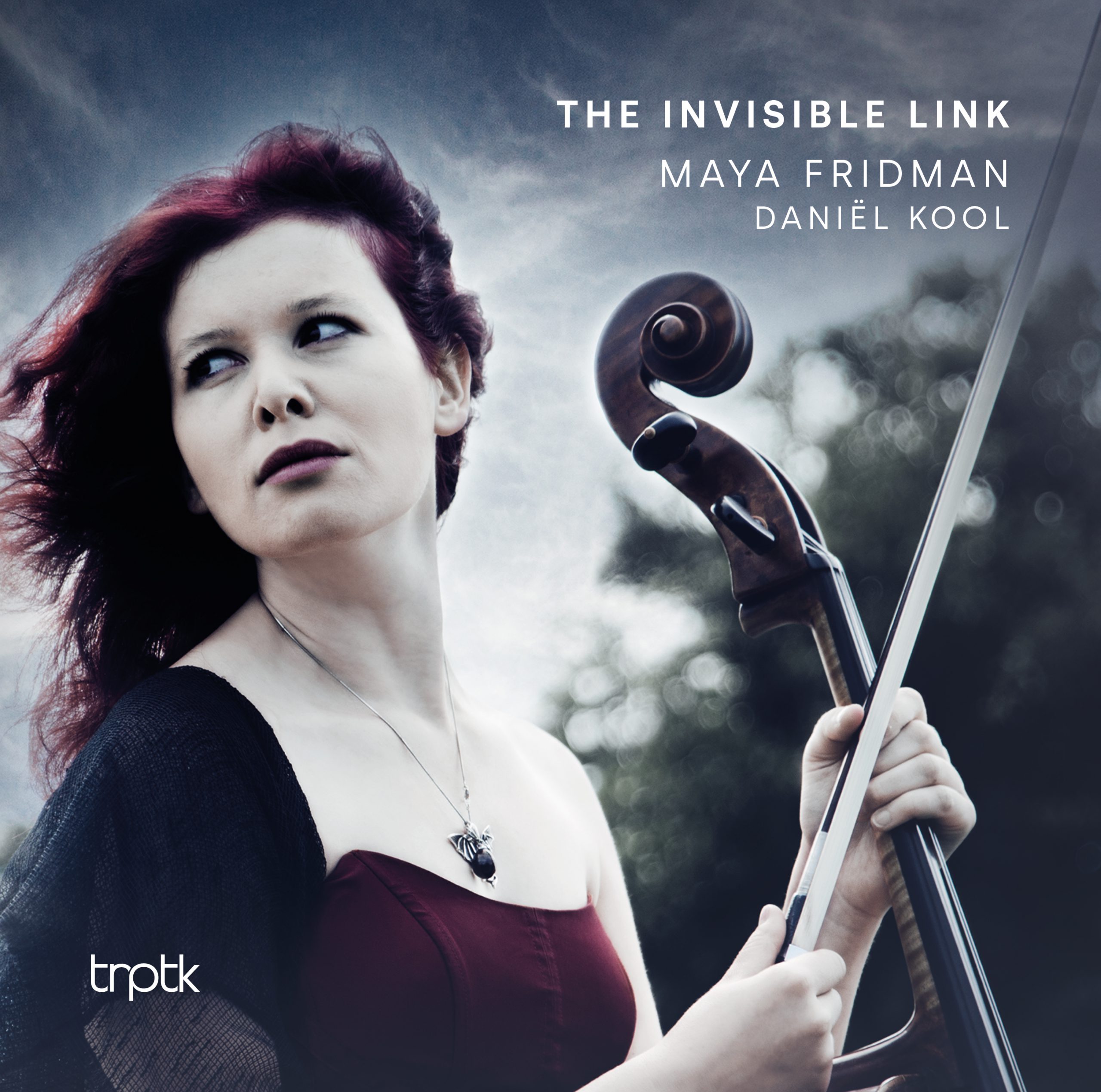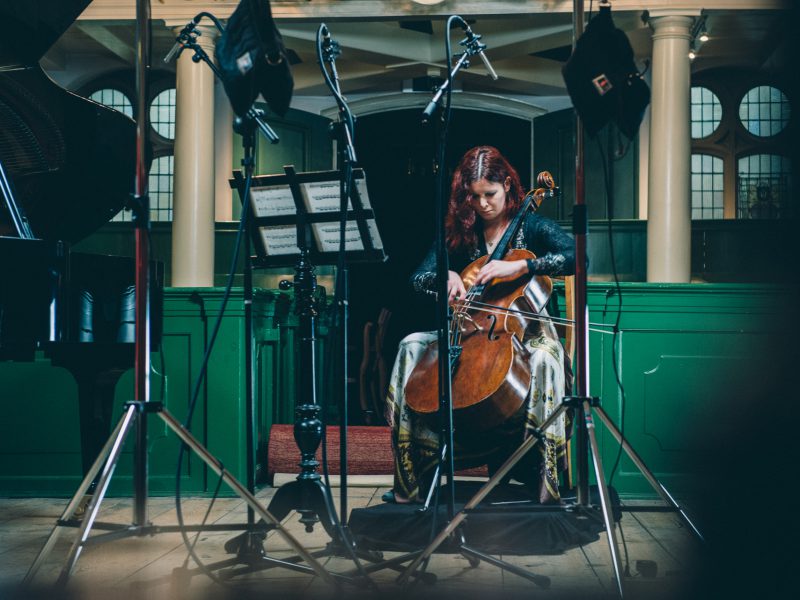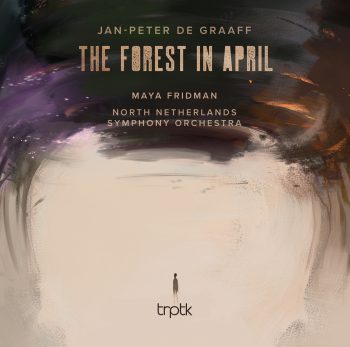This album discusses the invisible connection between Alfred Schnittke, Pēteris Vasks and Arvo Pärt, and my personal connection with them. It explores three pieces, each written approximately at the end of the 1970s, during the period of the Soviet Union.
About the album
This album discusses the invisible connection between Alfred Schnittke, Pēteris Vasks and Arvo Pärt, and my personal connection with them. It explores three pieces, each written approximately at the end of the 1970s, during the period of the Soviet Union.
History always creates an imprint on the composers’ output. However, apart from a possible historical link between Schnittke, Vasks and Pärt one might imagine, I felt something more than that. In these three pieces, I felt a sense of timelessness and an urge for an ultimate truth, to be explored through a juxtaposition of extreme emotions, and found in the musical representation of silence.
When I heard Schnittke’s Sonata for cello and piano for the very first time, I envisioned an endless circle of birth and death, with a quick disastrous gallop of life in between. This sonata has had a deep and transformative influence on me, and it epitomized to me what I was looking for in music: the experience of catharsis.
To me, the music of Vasks has a certain resolute force of veracity as told straight from the heart, a truth that can only be found through investigating the biggest opposites: peace through unrest, light through darkness. The Book, in its two movements, is about one’s voice emerging and elevating above the turmoil of one’s psychological reality.
Fratres feels to me like two brothers going through life, side by side. One frantically and emotionally trying to grasp the secrets of life and death, the other ever so still and stable, providing a frame of reason for his sibling. One brother as the instant, the other portraying eternity, and the two of them represent the perpetual struggle within oneself.
The Invisible Link is not only about the invisible connection between Alfred Schnittke, Pēteris Vasks, and Arvo Pärt, or about the relationship between the three pieces. It is about the invisible link connecting the purest and most extreme of emotions, with the everlasting stillness of time itself.
Tracklist click to play/pause
-
Alfred Schnittke
Sonata No. 1 for cello and piano, Op. 129
-
I. Largo
3:303:30
-
II. Presto
6:416:41
-
III. Largo
10:0810:08
-
-
Pēteris Vasks
Grāmata čellam "The Book" for solo cello
-
I. Fortissimo
5:355:35
-
II. Pianissimo
6:406:40
-
-
Arvo Pärt
Fratres for cello and piano
10:2610:26
More information
| Label | TRPTK |
|---|---|
| Genre(s) | Classical – Contemporary (> 1920) |
| Artist(s) | Daniël Kool Maya Fridman |
| Composer(s) | Pärt, Arvo Schnittke, Alfred Vasks, Pēteris |
| Recording location(s) | Lutheran Church, Haarlem (NL) |
| Recording date(s) | January 2015 |
| Cat. No. | TTK 0001 |
|---|---|
| Release date |
April 1st, 2015 |
| Additional links |
"Very impressive! Maya’s cello playing is very focused and has an emotional impact of the highest quality."
Tanya Anisimova, cellist
Related products
-
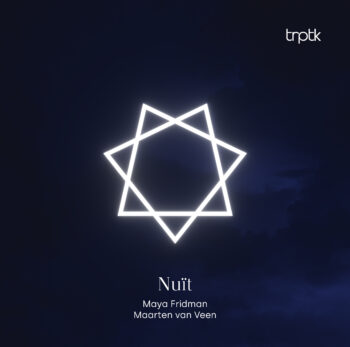
Nuït
Maya Fridman
Maarten van VeenHi-res Download
TTK0081 -

Snake (Single)
Maya Fridman
Hi-res Download
TTX0003 -
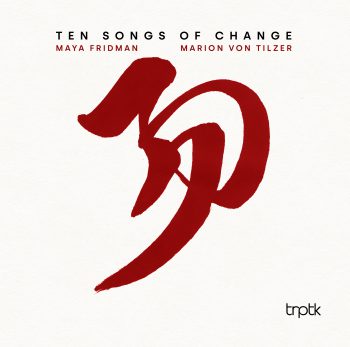
Ten Songs of Change
Marion von Tilzer
Maya FridmanHi-res Download
TTK0059 -
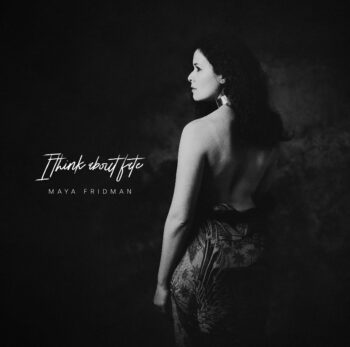
I Think About Fate (Single)
Maya Fridman
Hi-res Download
TTX0004 -

The Power of Indifference
Maya Fridman
Hi-res Download
TTX0001 -
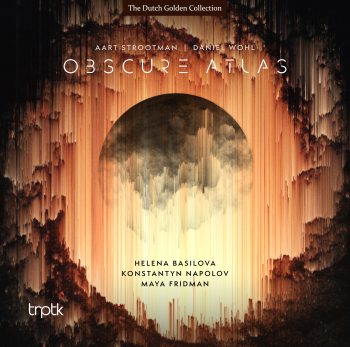
Obscure Atlas
Helena Basilova
Konstantyn Napolov
Maya FridmanHi-res Download
TTK0068 -
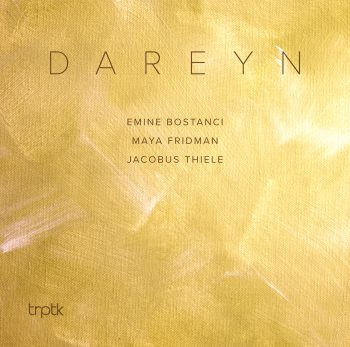
Dareyn
Emine Bostancı
Maya Fridman
Jacobus ThieleHi-res Download
TTK0070 -
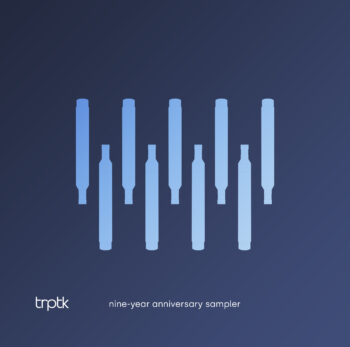
TRPTK nine-year anniversary sampler
Various Artists
Hi-res Download
TTK0119 -
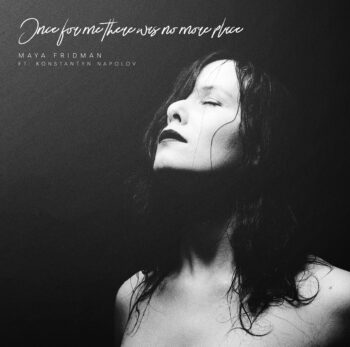
Once for me there was no more place (Single)
Maya Fridman
Konstantyn NapolovHi-res Download
TTX0005 -

This Is Not A Lullaby
Channa Malkin
Hi-res Download
TTK0069
